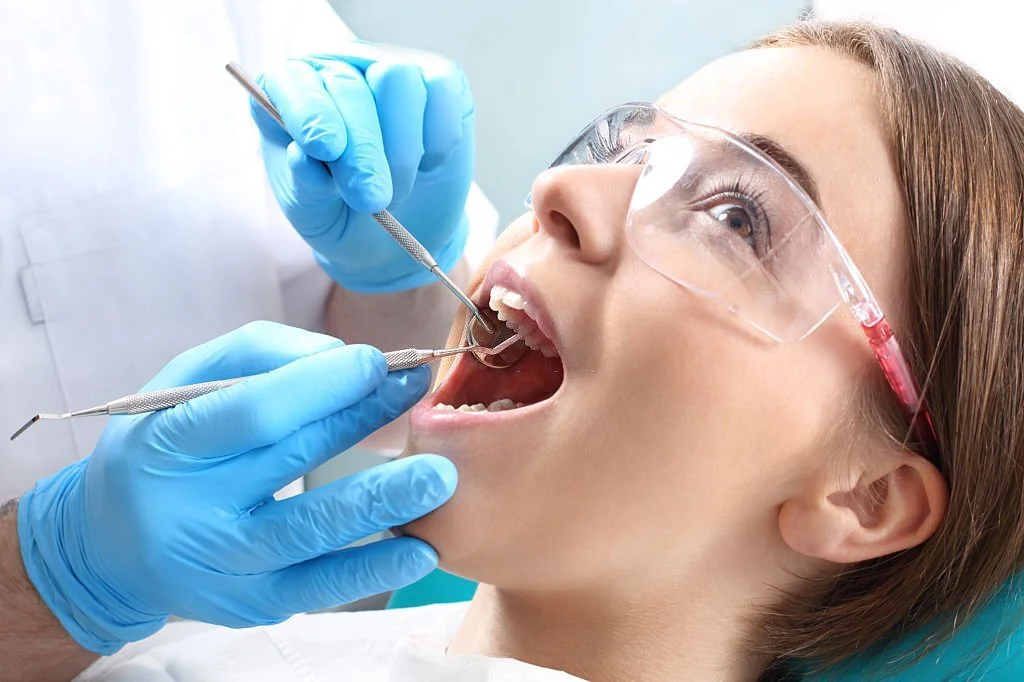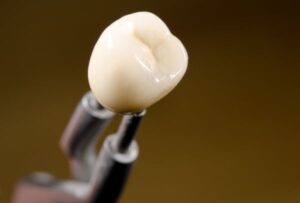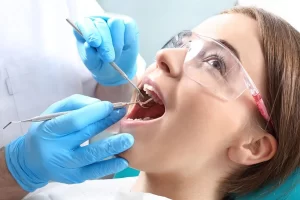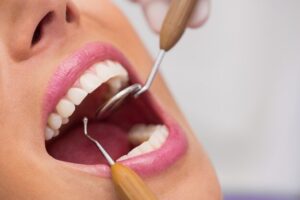
When you hear the words “root canal,” it’s not uncommon to feel a wave of anxiety. The procedure has garnered a reputation for being painful and complicated, but the truth is far less frightening. Root canal therapy is a common and effective treatment that can save your tooth and relieve you from pain. Let’s delve into some common myths and facts to better understand root canal therapy.
روت کانال تراپی چیست؟
Root canal therapy, also known as endodontic treatment, is a procedure used to treat infection or inflammation in the pulp of a tooth. The pulp consists of blood vessels, nerves, and connective tissue inside the tooth. When the pulp becomes infected, often due to decay, trauma, or cracks in the tooth, it can cause severe pain. Left untreated, the infection can lead to abscesses and even tooth loss.
A skilled Root Canal Therapist in Hayward will remove the infected pulp, clean and disinfect the inside of the tooth, and then fill and seal it to prevent future infections. Contrary to common belief, modern techniques make this procedure relatively quick and pain-free.

As Dr. Alag from Fab Dental explains, “With modern anesthesia and techniques, root canal therapy is a painless and effective way to save a tooth that would otherwise be lost to infection.”
Dr. Alag, DDS, FAGD, Fab Dental Hayward
Myths and Facts About Root Canal Therapy
Myth 1: Root Canal Therapy is Extremely Painful
Fact: Thanks to advancements in dentistry, درمان ریشه in Hayward is no more painful than getting a filling. Most patients report feeling relief from pain after the procedure, as the source of the infection is removed.
Myth 2: Extraction is a Better Option than a Root Canal
Fact: While extracting a tooth might seem like an easier solution, preserving your natural teeth is always the best option. Root Canal Dentists in Hayward can help save your tooth, which is crucial for maintaining proper bite alignment and preventing other dental issues that can arise from missing teeth.
Myth 3: Root Canal Therapy Causes Illness
Fact: There is no scientific evidence to support the claim that root canal therapy can cause illness elsewhere in the body. This myth originated from outdated research that has since been debunked. Root canal therapy is a safe, effective way to treat dental infections.
Myth 4: A Root Canal Kills the Tooth
Fact: A root canal doesn’t “kill” the tooth; rather, it removes the infected pulp that’s causing pain. After the procedure, the tooth may no longer have sensation, but it remains healthy and functional for years to come with proper care.

Why You Shouldn’t Delay Root Canal Treatment
Ignoring an infected tooth can lead to more severe complications, including abscesses, bone loss, and even systemic infections. If you’re experiencing tooth pain, sensitivity to hot or cold, or swelling around a tooth, it’s essential to visit a Root Canal Dentist Near Me for evaluation.
Early intervention not only saves your tooth but can also prevent the need for more extensive treatments down the line. Don’t wait until the pain becomes unbearable—visit a Root Canal Therapist in Hayward today and protect your smile.
By choosing a trusted Root Canal Dentist in Hayward, you can ensure you receive quality care and long-lasting results.
If you’re experiencing dental pain or think you might need a root canal, don’t hesitate to reach out to Root Canal Dentists Near Me for professional advice and treatment.
Frequently Asked Questions (FAQ)
Q: How long does a root canal procedure take?
The length of a root canal procedure depends on the complexity of the case, but on average, it takes about 60 to 90 minutes.
Q: Will I need a crown after the root canal?
In many cases, a crown is recommended after root canal therapy to strengthen and protect the tooth from future damage.
Q: How long does recovery take?
Most patients can return to normal activities within a day or two after treatment. Some mild discomfort may persist for a few days, but this can be managed with over-the-counter pain relievers.
Q: Can a root canal fail?
While root canal therapy has a high success rate, complications can arise if the tooth is not properly sealed or if the infection returns. In such cases, retreatment may be necessary.
Q: What are your current offers?
Don’t miss our special offer! Get a checkup, X-rays, and consultation combined for just $25. It’s a great opportunity to assess your dental health and discuss any concerns you may have.







